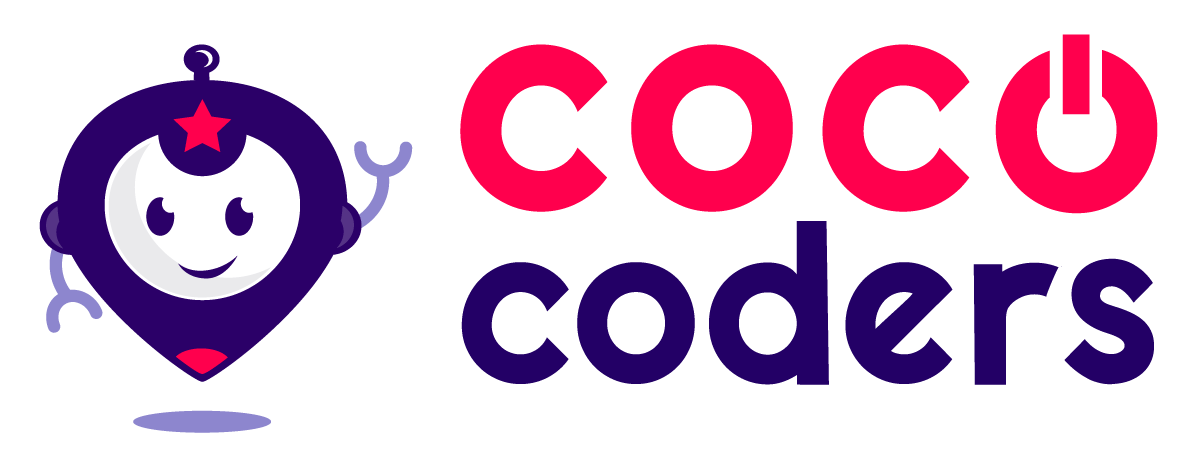Job Hopping: Why Millennials and Gen Z Workers Don’t Sit Still
The concept of staying in one job for your entire career is no longer the norm. In fact, job hopping, or moving from one job to another frequently, has become a common practice for the Millennial and Generation Z workforce. But why are younger workers far less likely to stay in one position for more than one year?
The way we work has long been evolving and the future of work is now being seen. With developments in remote technology as well as how the newest workforce prioritizes a healthier work-life balance, many businesses have had to reevaluate what their employee experience looks like in order to hang on to great workers.
Let’s explore some of the specific motivations behind the ‘Job Hopping’ phenomenon.
More Options
One of the main reasons that millennials and Generation Z workers are more likely to switch jobs is simply that there are more job options available to them. With the rise of the gig economy and the prevalence of remote work, younger workers have more opportunities to explore different career paths and find jobs that suit their skills and interests.
2. Career Advancement
Many millennials and Gen Z workers are highly ambitious and want to progress quickly in their careers. If they feel like they are not being given opportunities to learn and grow in their current role, they may look for a new job that offers more potential for quicker advancement.
3. Job (In)security
Younger workers are also more likely to job hop because they do not feel a sense of job security in their current position. With the rise in layoffs (especially at large tech companies) and contract work, the young workforce doesn’t feel the same level of job security that their parents or grandparents may have. As a result, they may feel that they need to be constantly on top of new job opportunities to ensure their financial stability.
4. Bad Company Culture
Company culture has become an increasingly important factor in job satisfaction for younger workers. If they do not feel like they fit in with the company culture or do not agree with the company’s values, they may start to feel unhappy in their job. In this case, job hopping may be seen as a way to find a company culture that aligns with their personal values.
5. Work-life Balance
Work-life balance has become a major priority for younger workers. Millennials and Gen Z’ers value their personal time and want to have a job that allows them to pursue their personal interests and hobbies outside of work. If their current job is not offering them the work-life balance they desire, they’ll quickly start to look for a new job that does.
This is a big part of the future of work that we’re busy preparing our Coco Coders students to thrive in. The real-life transferable skills that kids learn through coding classes can open up a wide world of opportunity and possibility for them as they pursue their passions. Job-hopping may be seen by some in the industry as irresponsible and a lack of commitment, but in reality is just a smart way for the recent generations to explore their interests and find the career that fits the shape of the life they really want. From a desire for career advancement to a need for work-life balance, these workers have different priorities and expectations, and in some cases much wider skillsets than previous generations. Employers will need to quickly adapt to these differences and create work environments that meet the needs of the next generations.
If you’re looking for the best ways to ensure your kids are future-ready, you can download our FREE Guide to Raising Future Ready Kids, and get them started on building life-long problem solving and critical thinking skills with Coco Coders coding classes.

